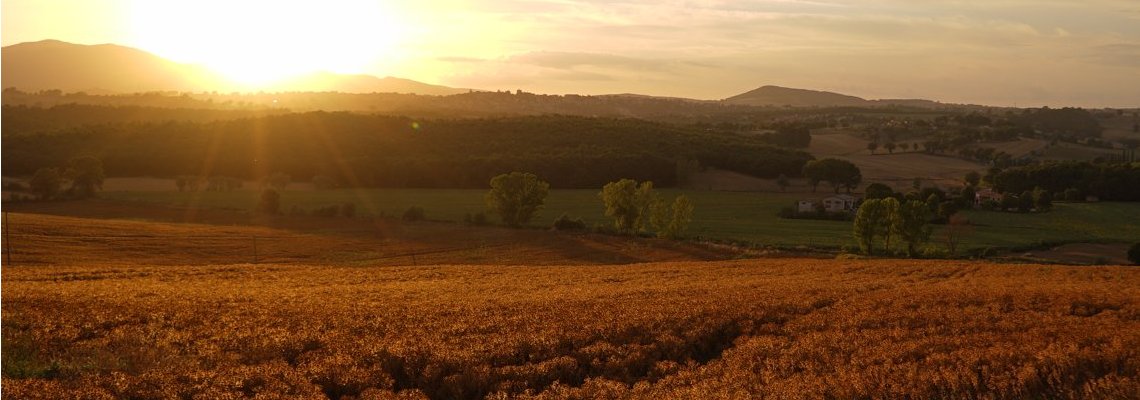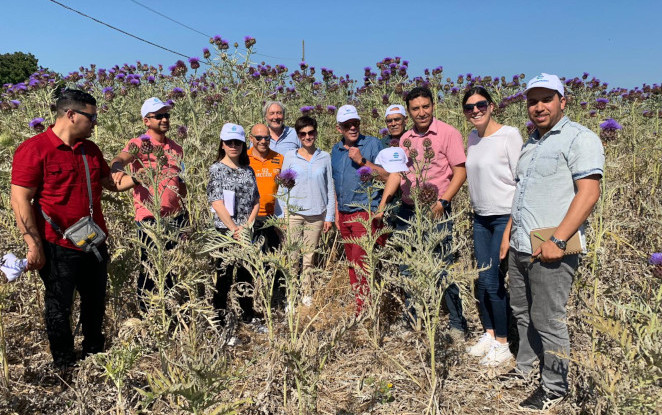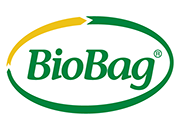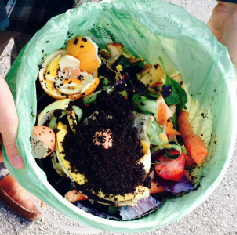WHAT IS THE BIOECONOMY?
The BioEconomy describes the use of renewable, natural resources, like crops. to produce food, materials & energy. It can also harness the potential stored in the millions of tons of organic waste and biological materials produced worldwide. Moving from a fossil fuel-based to a BioEconomy has great benefits. It will help Europe achieve a circular, lower-carbon economy and will contribute to climate & environmental protection.

OUR CONTRUBUTION
SUSTAINABLE AGRICULTURAL PRACTICES IN EUROPE
BioBag’s parent company, Novamont, is a pioneer in the development of production processes & products helping to decarbonise the economy & reduce CO2 emissions.
As a result of this commitment to sustainable processes, the plants used as raw material in the manufacture of Biobag bags are cultivated using a BioEcomony model. The essential components of our bags include non-food plant starch & oils. At every stage of the growing process, we support European farmers in using sustainable agri-practices on unirrigated and economically marginal soil to grow the crops needed. This approach protects communities and soil resources.

Caption: A delegation visiting the industrial cardoon crops developed in marginal areas in North Sardinia, Italy.
PLANT BASED RAW MATERIALS
THE ADVANTAGES TO COMMUNITIES
- Benefitting the environment by reducing greenhouse gases
- Reducing waste and pollution
- Stimulating rural communities through establishment of local industries
- Providing new markets for farmers
- Improving the economic competitiveness of the agri-industry with new markets and products
Our companies’ commitment to the BioEconomy model and to sustainable practices during the European production process are some of the reasons that BioBag bags are different to other ‘green’ bags.
‘Europe’s soil is increasingly at risk — and here’s how to revive it’.
Ellen MacArthur Foundation. (2019) ‘How the circular economy tackles climate change’.
Catia Bastioli (2017). ’A circular approach to bioeconomy: an opportunity to decarbonise the economy and reconnect it with society’.
(2020). ‘Sustainable development is a necessity for everyone.
.
Categories: Uncategorized


No comments yet. If you want you can add one!